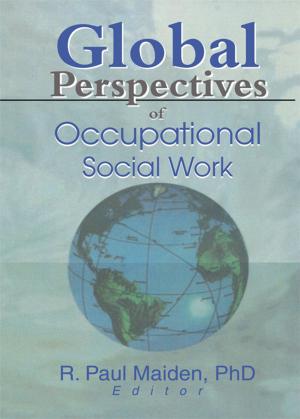| Author: | Lionel Rose | ISBN: | 9781317370628 |
| Publisher: | Taylor and Francis | Publication: | August 27, 2015 |
| Imprint: | Routledge | Language: | English |
| Author: | Lionel Rose |
| ISBN: | 9781317370628 |
| Publisher: | Taylor and Francis |
| Publication: | August 27, 2015 |
| Imprint: | Routledge |
| Language: | English |
Before contraception was generally available, and when abortion was fraught with danger, infanticide was a common solution to the problem of unwanted children. Massacre of the Innocents, first published in 1986, shows the causes and consequences of the high tide of infanticide in Victorian Britain.
Lionel Rose describes the ways in which unwanted and ‘surplus’ infants were disposed of, and the economic and social pressures on women to rid themselves of their burdens by covert criminal and sub-criminal means. He discusses the activities of infanticidal and abortionist midwives, and shows how the practices of wet nursing and baby farming were closely related to infanticide. Unscrupulous insurance salesman even turned infanticide into a profitable business, in their reckless grab for commissions. Infanticide declined with the growing practice of contraception, the lessening of pressure of unmarried mothers, and as adoption was made easier.
This is a hard-hitting, scrupulously documented piece of social history. This title will be of interest to students of history and criminology.
Before contraception was generally available, and when abortion was fraught with danger, infanticide was a common solution to the problem of unwanted children. Massacre of the Innocents, first published in 1986, shows the causes and consequences of the high tide of infanticide in Victorian Britain.
Lionel Rose describes the ways in which unwanted and ‘surplus’ infants were disposed of, and the economic and social pressures on women to rid themselves of their burdens by covert criminal and sub-criminal means. He discusses the activities of infanticidal and abortionist midwives, and shows how the practices of wet nursing and baby farming were closely related to infanticide. Unscrupulous insurance salesman even turned infanticide into a profitable business, in their reckless grab for commissions. Infanticide declined with the growing practice of contraception, the lessening of pressure of unmarried mothers, and as adoption was made easier.
This is a hard-hitting, scrupulously documented piece of social history. This title will be of interest to students of history and criminology.















